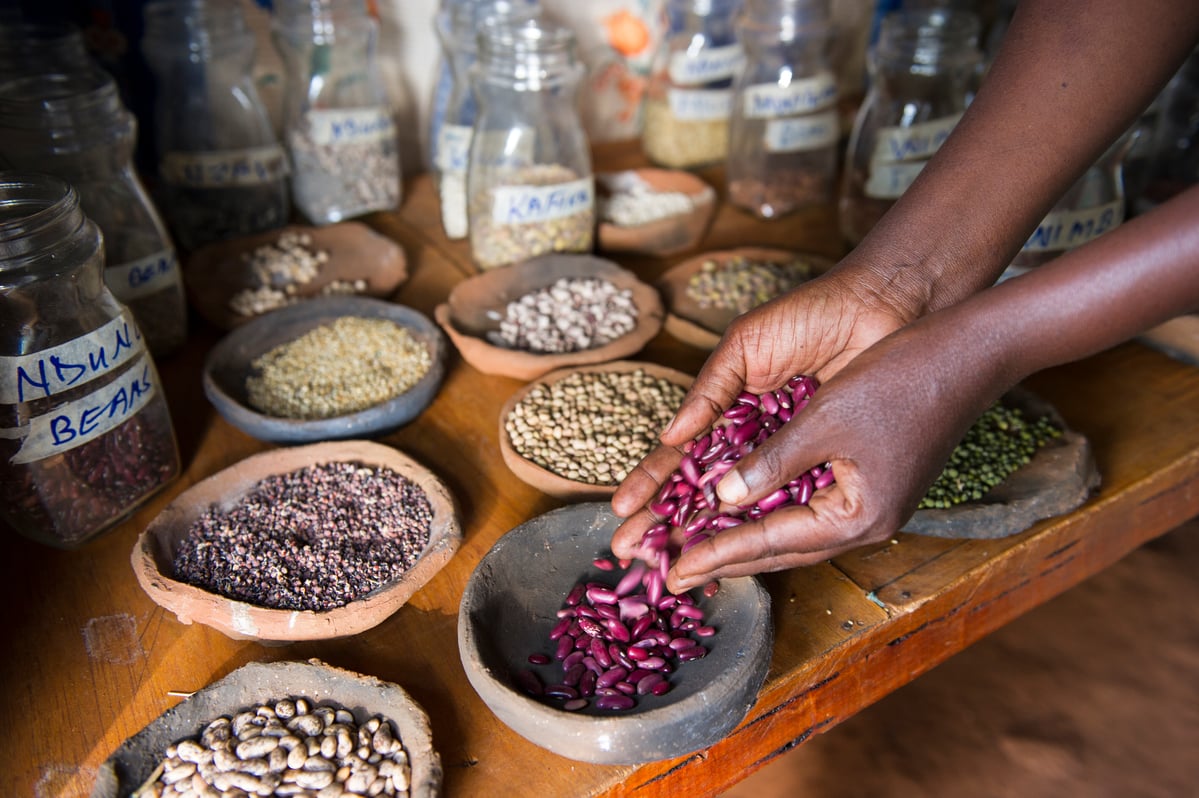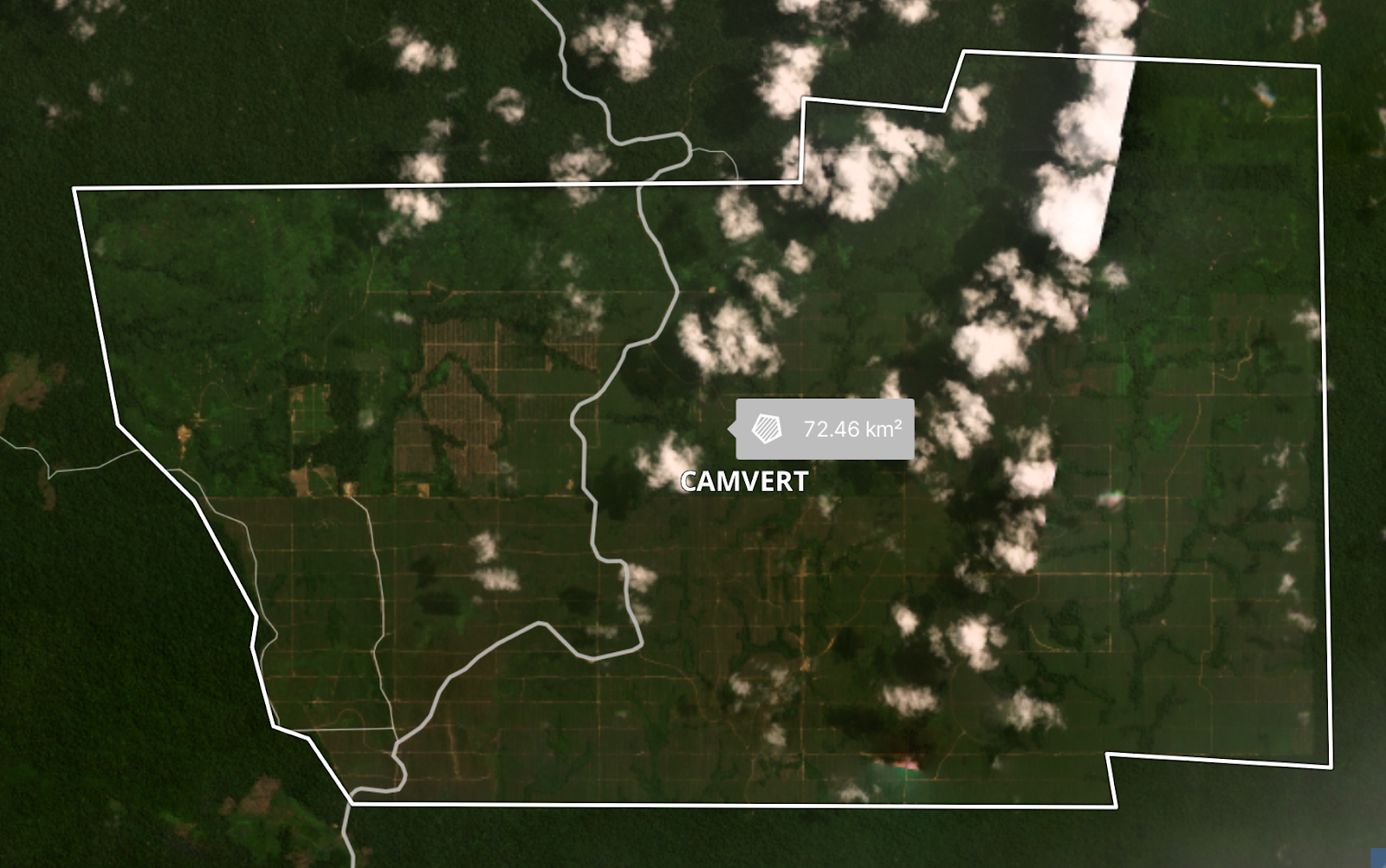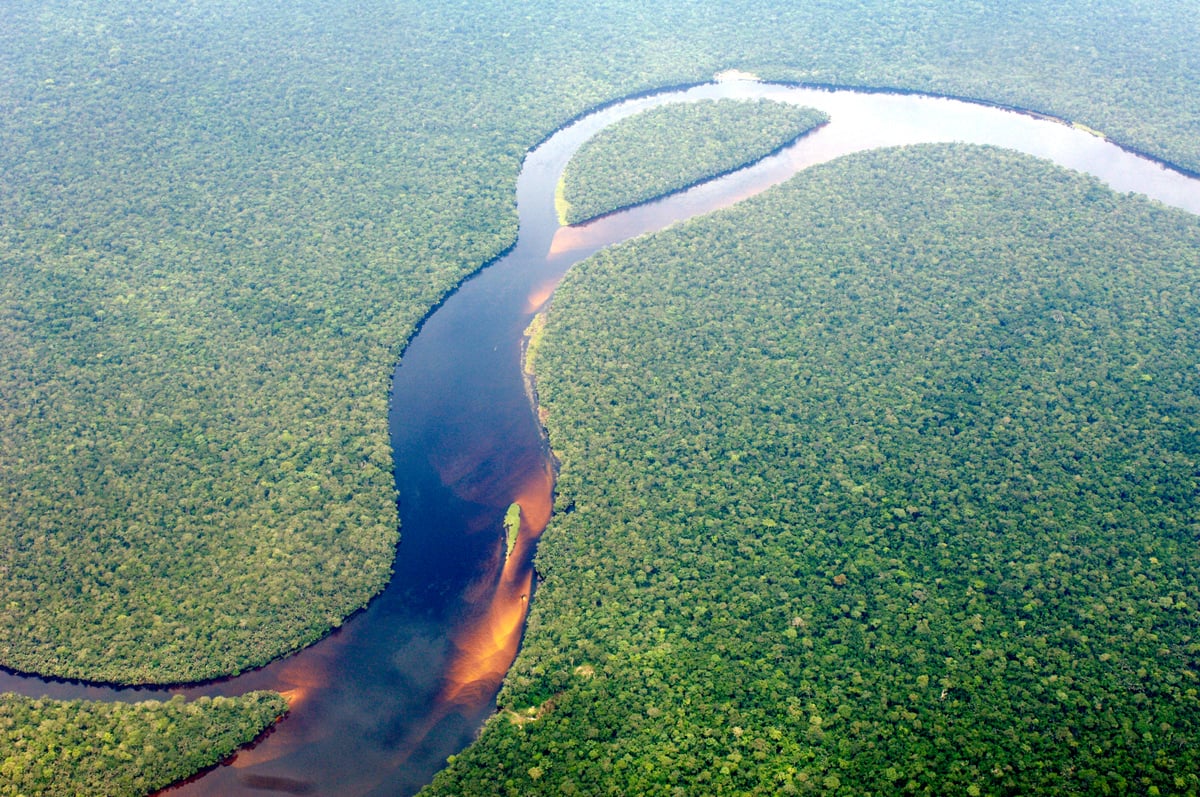Across the world, movements for justice, equality, and environmental protection are facing increasing repression. From North America to Africa, corporate and political interests are deploying aggressive legal tactics to silence activists and civil society organizations who speak up against their environmental and social injustices. This is a global threat to democracy, human rights, and the survival of our planet.
Today, we unite in solidarity with our colleagues in the United States who are facing a Strategic Lawsuit Against Public Participation (SLAPP) from Energy Transfer, a U.S.-based fossil fuel giant. With a nearly $300 million lawsuit, Energy Transfer aims to punish Greenpeace International and Greenpeace in the US for showing solidarity with the Indigenous-led resistance against the Dakota Access Pipeline at Standing Rock. This lawsuit is designed not to seek justice, but to rewrite history, intimidate and suppress activism. If such tactics succeed, they will embolden corporations worldwide to use the legal system as a weapon against those who speak out for social and environmental justice.
The global crackdown on activism
Retaliation tactics are not unique to the U.S. In Africa, activists, journalists, and social movements are regularly targeted through defamation suits, arbitrary arrests, and even violent repression. From farmers opposing punitive Seed Laws in Kenya to activists exposing mining disasters in South Africa, the message from those in power is clear: dissent will not be tolerated.
At a time when the world is facing multiple crises— the climate emergency, economic upheavals and growing inequality—many governments are turning inward, prioritizing corporate profits over people’s rights. In Africa, this trend is particularly damaging. As multinational corporations exploit our resources, displace communities, and destroy ecosystems, those who resist are met with harsh retaliation. This is part of a broader strategy to stifle opposition and maintain an unsustainable status quo.
We must unite for justice
A win for Energy Transfer could trigger a devastating chain of events in Africa and globally. Dictators and polluters could be encouraged to follow the blueprint. This is why all climate defenders across the globe must rally together. In the face of mounting global repression, we cannot afford to be divided. Our struggles—whether for land rights, clean water, or climate justice—are deeply interconnected. When one movement is silenced, it weakens us all. We must resist the corporations plundering our lands and use the legal and political system to push back.
The legacy of colonial exploitation has taught us that external forces will always seek to dictate Africa’s future. But we have also learned the power of resistance and unity. From the anti-apartheid movement in South Africa to the pro-democracy uprisings across the continent, Africa has a long history of showing solidarity against injustice. In 2022, we successfully stopped the likes of Shell exploring and destroying the Wild Coast of South Africa – and that fight continues. Now, as we face the next wave of oppression and blackmail —driven by corporate greed and backed by complicit governments—we must once again mobilize.
We will not be silenced
The Energy Transfer lawsuit against Greenpeace International and Greenpeace in the US is an attempt to criminalize advocacy and to make it dangerous to speak out against injustice. If they succeed, the same tactics could be used against land defenders in Kenya, air pollution campaigners in South Africa and plastic waste activists in Ghana. Journalists and youth climate advocates across the continent will not be spared. This is why we must fight back.
We call on African civil society, social justice movements, and all defenders of freedom to show support for Greenpeace. We must reject attempts to silence the social and environmental justice movement. Our voices are our most powerful weapon, and we refuse to be silenced.



